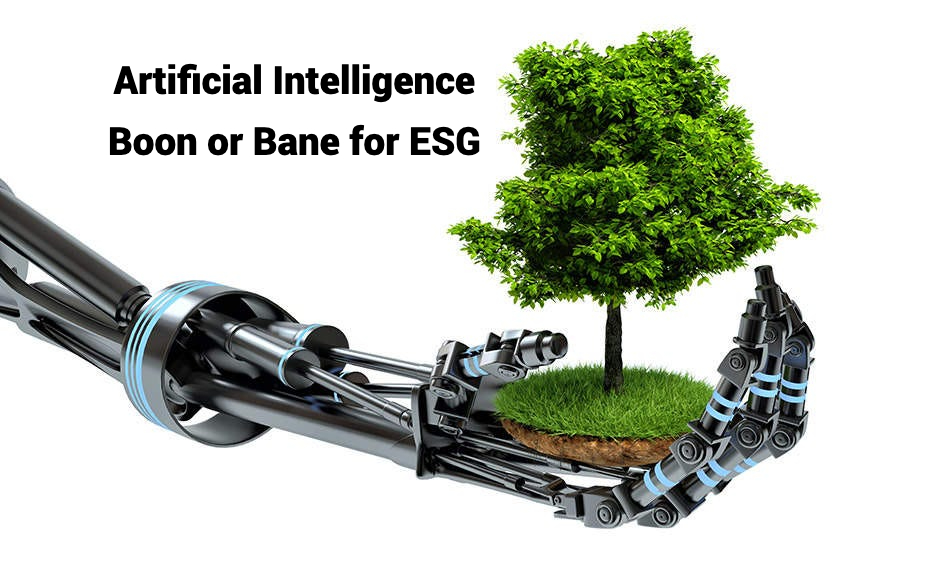At a time when most industries are waxing eloquent around the use of artificial intelligence (AI) and its direct impact on their bottom line, new research suggests that its development and implementation could also have some negative implications, especially in the sustainability-led goals of enterprises.
Researchers at Cornell University believe that AI usage by enterprises, specifically those related to the technology and communications business, could skew up ESG profiles of these companies. They note that training AI models, such as the one behind ChatGPT, requires considerable energy and water consumption used by data centers.
The researchers point out that for training an AI-powered model such as GPT3, there would be a need to generate over 550 metric tons of carbon emissions due to the quantum of energy that is required to fire up the data centers. This is equivalent to three times a jet’s carbon emissions for a round trip from San Francisco to New York, they say.
A report published in the Wall Street Journal quotes research by Shaolei Ren, a professor of electrical and computer engineering at the University of California Riverside, to suggest that Google uses up a million liters of water to train its large language model known as LaMDA. Of course, the same AI-powered tools can also be used to offset greenhouse-gas emissions.
In fact, Google itself had pioneered an AI-powered project to predict floods in India and Bangladesh back in 2018. The company also revealed that it was using similar tools to reduce the energy of training AI models by up to 100 times and emissions by as much as 1000 times in the recent past.
Given the two sides of this coin, it becomes tough for investors seeking to fund enterprises based on their sustainability goals, given that there would not be a straightforward means to measure or compare the positive impact with those that are questionable. Given that most funds are being gobbled up by technology and telecom companies, the energy and water management categories need to be classified as critical under the global Sustainability Accounting Standards.
However, the biggest challenge facing ESG goals and guidelines is that most tech companies have proved to be laggards when it comes to sustainability criteria. The Dow Jones sustainability scores for these companies lie at least three points below the global average.
Even among the tech companies, it is those that function in the hardware business that lead the disclosure of how they manage energy and water usage. Most of these companies function in the assembly of desktop computers, laptops and computer peripherals such as servers.
The Wall Street Journal says the top-10 component companies in the Wisdom and Artificial Intelligence and Innovation Index, suggests that Microsoft and Alphabet lead with a score of 80.9 in the disclosure of data related to energy management. And when it comes to water and wastewater management, most companies score around 73.7.
Given this scenario, how do the companies meet sustainability goals? Many of these have already implemented AI-led projects to reduce water and power consumption with some using aerial imagery platforms to evaluate solar farm layouts to maximize energy generated per site and to automatically monitor the health of solar panels and other equipment.
However, more needs to be done in this field to ensure a reduction in the levels of greenhouse gas emissions from data centers. Microsoft had recently set up a process where machine learning is used on the Azure platform to help enterprises centralize data to improve sustainability strategies.




One thought on “Artificial Intelligence is Messing up Corporate ESG”